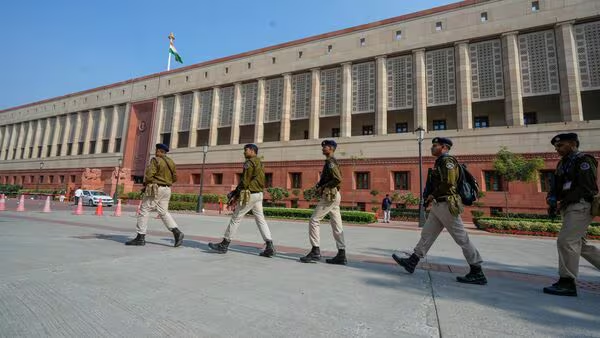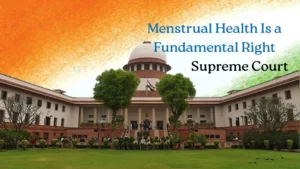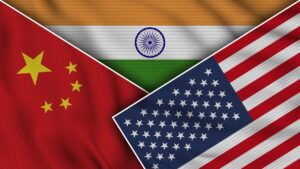The transfer of Parliament security to the CISF reflects India’s commitment to safeguarding its democratic institutions against modern threats. This decision strengthens the security framework while emphasizing the importance of specialized forces in managing high-stakes establishments.
For UPSC aspirants, this topic offers valuable insights into governance, national security, and the evolving roles of security agencies. Understanding such transitions helps candidates appreciate the delicate balance between operational efficiency, public accountability, and democratic values.
This eBook equips aspirants to tackle questions on internal security, governance, and the role of CAPFs, making it a vital resource for exam preparation.









